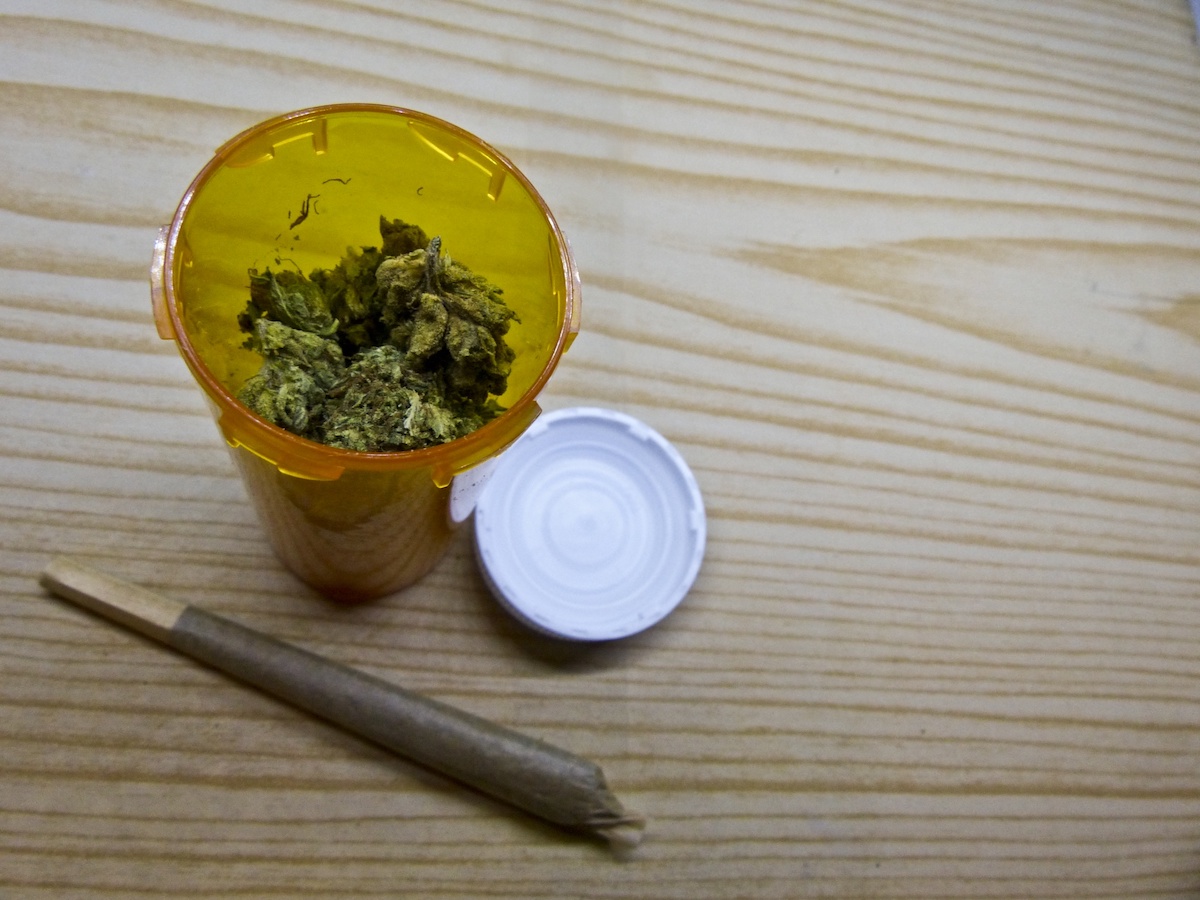Back in March, Brazilian President Luiz Inacio Lula da Silva recreated the National Council for Economic and Social Development, an advisory body aiming to tackle several areas of governance and development that need addressing. On May 4, the president and some cabinet ministers held their first meeting with the appointed counselors. Among heirs of enormous fortunes, corporate CEOs galore, influencers and some social activists, one appointment is notable: Viviane Sedola.
As the founder and CEO of Dr. Cannabis, a platform that connects patients with prescribers, Sedola is one of the pioneers of cannabis treatment in Brazil. Since 2018, she has been contributing to making medical cannabis more accessible, including promoting training courses for doctors who want to prescribe it. Her appointment is welcome, because it adds momentum to efforts to legalize and regulate cultivation of cannabis for medical purposes in Brazil. It signals that the national government understands the urgency of the issue, and might contribute to finally unblocking the medical cannabis bill that only awaits approval from the Senate.
Sedola’s appointment should also be taken with a grain of salt, however. We must be aware that cannabis legalization, be it for medicinal or general purposes, can also reproduce inequalities, and it is easy for economic considerations to outweigh social ones.
It is vital that the process of regulation does not simply pave the way for total corporate capture of the market.
Medical cannabis is already big business in Brazil. The market doubles every year, and there are estimates that the sector could pull in around US $1.9 billion in profits within four years of regulation. Coinciding with the recent council meeting, the second edition of the Medical Cannabis Fair in São Paulo received representatives of 100 medical cannabis brands from Brazil and Latin America.
With that in mind, it is vital that the process of regulating cannabis cultivation for medical purposes does not simply pave the way for total corporate capture of the market. Yes, it is a market that can certainly generate hundreds of thousands of jobs, as advertised on the Dr. Cannabis website. But that does not equate to decent working conditions, as recent cannabis-industry strikes in the United States illustrate.
As the Jamaican experience taught us, regulation can concentrate profits in the hands of wealthy and powerful investors while excluding legacy operators from transitioning to the legal market. It can be easily engulfed by a neoliberal model that excludes minor, traditional cultivators from historical livelihoods—and reproduce racial inequalities, favoring white entrepreneurs to the detriment of Black and Indigenous actors.
Considering all this, I have reservations about how medical cannabis regulation is taking shape in Brazil. That’s not to say I don’t welcome the federal government’s opening of the legalization dialogue, slow and narrow as it is.
How many Sedolas are sitting in a cell today, instead of in a distinguished advisory council?
I do expect, though, to see coordination between ministries and secretariats to make sure that changes in policy and legislation are articulated with initiatives and programs aimed at reparations for prohibition. A concrete possibility, for instance, would be a partnership between the private sector and the National Secretariat of Drug Policy to promote training initiatives for people affected by cannabis-related criminalization.
Now that a policy window seems to be opening up, it is important to define clearly what are the social issues that must be addressed by new policies. The government has recently launched its National Strategy for Access to Rights for Women in Drug Policy—even though no published document is available—and made a public announcement of up to US $1.2 million in funding for civil society organizations that support women who use drugs or have been involved in drug “trafficking.”
Currently, 54 percent of women in Brazil’s prisons are serving sentences for drug trafficking. I wonder how many of them, with the right regulation, training and opportunities, could instead be legal drug entrepreneurs. How many Sedolas are sitting in a cell today, instead of in a distinguished advisory council? That is why I underscore that the economic elements of regulation must not obscure social imperatives.
Photograph via PublicDomainPictures.net





Show Comments